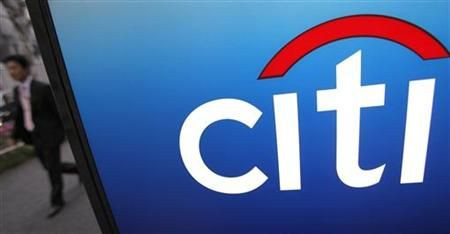CEOs Got SEC's Back in Legal Fight Over Settlement Policy

A group representing the chief executive officers of major U.S. corporations is defending the Securities and Exchange Commission against a federal judge who infamously criticized the agency for obtaining weak settlements without getting companies to admit liability.
The Business Roundtable had submitted a brief in support of the SEC's legal battle with U.S. District Court Judge Jed Rakoff over a $285 million settlement with Citigroup in a case accusing the financial giant of duping investors into buying assets from a fund loaded with dubious mortgage-backed securities. The SEC said the investors were burned to the tune of $700 million when the fund collapsed, while Citigroup profited $160 million.
Rakoff, who presides in Manhattan, rejected the settlement agency's long-standing policy of letting companies make a deal without admitting or denying the allegations. The SEC has appealed the ruling and defended its policy as a way to bring speedy financial relief to investors without the risk of defeat in trying the case.
Settlement Rejection Occurs Amid National Debate on Corporate Power
Though Rakoff has rejected settlements in the past, his latest in November landed right the in the middle of a national debate over the power of corporations and the failure of regulators to hold their executives accountable for any wrongdoing. Rakoff said the fines imposed by the settlement are viewed as the cost of doing business. Other federal judges are taking note of their colleague's position.
The group's members are likely watching this case closely, as the SEC's rare decision to appeal Rakoff's ruling could alter how corporations and their officers negotiate settlements with the agency that oversees them.
In a filing with the New York-based Second Circuit Court of Appeals, the Business Roundtable said its members -- among them, Citigroup and its CEO, Vikram S. Pandit -- would be forced into "protracted and expensive litigation."
But it is not like they are afraid of a court room battle; Citigroup said in November that it would rather defend itself against the SEC's suit rather than admit wrongdoing. After all, admiting wrongdoing would cause "reputational harm and collateral regulatory consequences," the Business Roundtable said in its Thursday brief.
The problem for corporations and CEOs in copping to accusations is that shareholders and investors will have fodder for lawsuits seeking to claw back some of the money they lost due to the alleged fraud.
Like the SEC, the Business Roundtable framed its argument as one supporting investors who need restitution, not the facts behind the case.
"The ability of an agency to set forth clear rules and obtain speedy relief for injured parties," the brief says, "often outweighs the agency's interest in obtaining admissions of wrongdoing and a final judgment against a defendant."
--
© Copyright IBTimes 2024. All rights reserved.





















